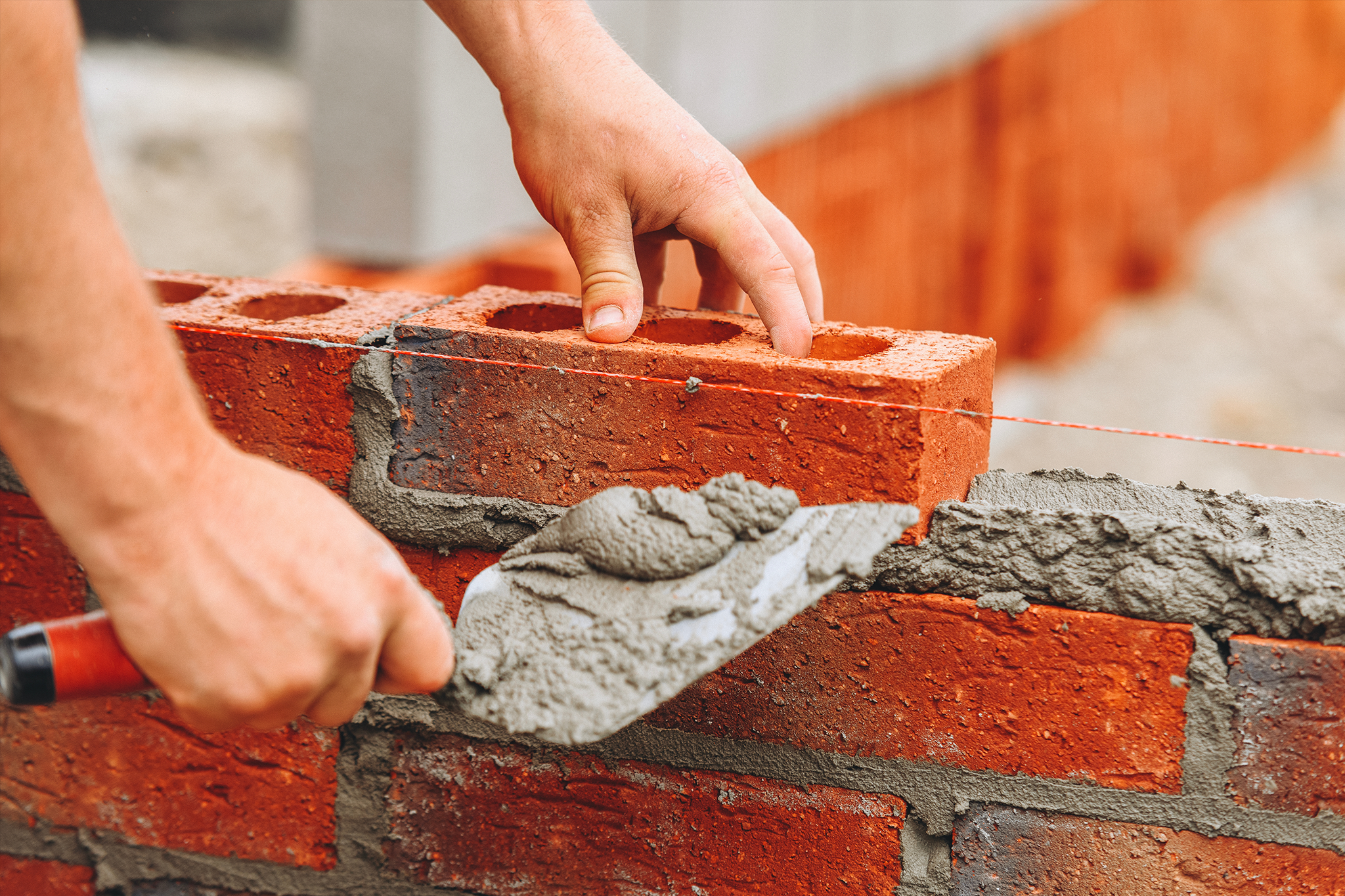

5 Jobs To Do In Your Garden Before & During Summer
Summer in WA can produce some sweltering, dry days, so it’s important to consider your garden’s needs and what you can do to ensure it remains healthy and flourishing.
1. WEEDS
While it’s best to keep weeds under control throughout the year, it’s especially important before summer as some weeds tend to flourish in the heat. While they may seem harmless enough, weeds can rob your garden and lawn of the moisture and nutrients needed to stay healthy.
Herbicides will generally be effective in reducing the weeds in your garden, however, if you prefer the idea of using a natural remedy, follow this link for some great suggestions.
2. SHADE
It’s a good idea to move pot plants that will fare better in the cooler weather to shaded areas in your backyard, such as under a pergola or around other plants or trees that will provide shade.
Keeping certain plants shaded will limit the amount of damage caused by the sun on high temperature days, and thereby reduce the amount of water needed to maintain them.
3. PLANTING
Summer isn’t the ideal time for planting, but if you do wish to expand your garden during this season, it’s important that you take considerable time to prepare.
Before you commence planting, ensure you soak some water storage crystals in a seaweed based solution. Once absorbed, mix this solution through the soil, along with an array of organic matter, such as compost and rotted manure.
Ensure that the roots of the plant are very wet before inserting the plant into the soil. Water the plant thoroughly (without drowning it) and ensure that it is watered regularly to prevent it from drying out.
It’s best to hand water new plants every day until they have settled. Once this has occurred, you can rely on your reticulation system to water them. Ensure that the water soaks through the soil to ensure the plant’s roots are getting enough moisture. Watering funnels are great for directing water to the roots, where it is most needed.
4. MULCH
Mulch is essential in every garden, especially in the hot summer months. The variety of mulch you need depends on the composition of your garden.
If you regularly tend to vegetable patches and flowerbeds, the best mulches available include sugarcane, lucerne or pea straw. These mulches will work into the soil as they slowly break down. Woodier mulches such as bark chips, pine chips, pebbles or gravels don’t add any nutritional value to the soil, but they help to insulate and prevent weed growth.
5. WATER
In summer, the most important thing to consider is whether your plants are receiving enough water. To ensure that your plants are getting the water they need, check that the reticulation is providing enough water to all areas of the garden. A great way to check this is to grab some old ice cream containers and place them evenly around the sprinkler zone. If the water level in each container is fairly even after running the sprinklers, then your reticulation system should be reaching all your plants sufficiently. If not, then you may need to alter your reticulation to ensure no part of your garden is being neglected.
If you have a reticulation system in place, ensure that it is set to operate on the correct days and times in order to comply with WA water restrictions and regulations. If you’re unsure of your watering days, visit The Water Corporations – Watering Days website.



